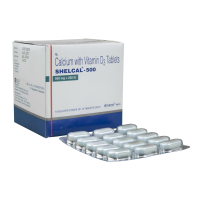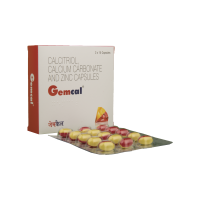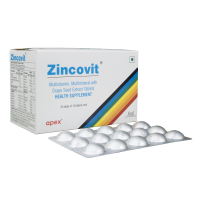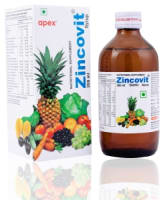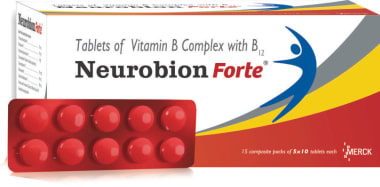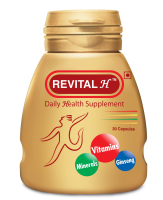USED FOR:
Short term fluid replacement after trauma
Dehydration
Irrigation solution for eye/nose
COMPOSITION:
Sodium Chloride (3%)
Therapeutic Uses:
respiratory

Interaction with alcohol is unknown. Please consult your doctor.

WEIGH RISKS VS BENEFITS
Sodium Chloride 3% Infusion may be unsafe to use during pregnancy.Animal studies have shown adverse effects on the foetus, however, there are limited human studies. The benefits from use in pregnant women may be acceptable despite the risk. Please consult your doctor.

No information is available on the use of Sodium Chloride 3% Infusion during lactation. Please consult your doctor.

SAFE
Sodium Chloride 3% Infusion does not usually affect your ability to drive.

CAUTION
Sodium Chloride 3% Infusion should be used with caution in patients with kidney disease. Dose adjustment of Sodium Chloride 3% Infusion may be needed. Please consult your doctor.

Sodium Chloride 3% Infusion is probably safe to use in patients with liver disease. Limited data available suggests that dose adjustment of Sodium Chloride 3% Infusion may not be needed in these patients. Please consult your doctor.
Uses of Sodium Chloride Infusion
Sodium Chloride 3% Infusion is used in short term fluid replacement after trauma, dehydration and irrigation solution for eye/nose.
How to use Sodium Chloride Infusion
Your doctor or nurse will give you this medicine. Kindly do not self-administer.
How Sodium Chloride Infusion works
Sodium Chloride 3% Infusion works by replacing fluid loss.
Common Volume overload.
Expert advice for Sodium Chloride Infusion
Your electrolyte levels in blood and other parameters (such as blood pressure etc.) will be monitored regularly as you receive intravenous sodium chloride.
Tell your doctor if you have disorders of the kidneys, lungs, problems of the heart related to impaired pumping of blood (congestive cardiac disorders), high blood pressure or pregnancy-related blood pressure problems (pre-eclampsia), fluid retention problems or swelling in hands, ankles or feet.
Seek immediate medical attention if you experience any unwanted swelling, trouble in breathing, muscle cramps, and/or weakness, fits, nausea, vomiting or stomach pain.
Tell your doctor if you are or planning to become pregnant or are breastfeeding.
Do not take if you are allergic to sodium chloride or any of its ingredients.
Do not give to patients with excess fluid or sodium in the space outside body cells (extracellular hyper hydration or hypervolemia).
Do not give to patients with abnormally low levels of sodium or chloride in blood (hyponatremia, hypochloremia), fluid and sodium retention problems or edema (swelling).
Do not give to patients with congestive heart failure (heart failure resulting in fluid build-up in lungs and other body tissues), severe liver and kidney functioning problems.
Q. Is sodium chloride soluble in water?
Sodium chloride is soluble in water
Q. Is Sodium chloride acidic or basic?
Sodium chloride is a neutral salt (neither acidic nor basic)
Q. Is Sodium chloride ionic or covalent?
Sodium chloride is an example of ionic bonding, where the molecule is formed by ionization of participating atoms and attraction between them
Q. Does Sodium chloride expire?
Normally, Sodium chloride does not have an expiry date if stored under appropriate conditions
Q. Is Sodium chloride polar?
Sodium chloride is ionic, which is considered highly polar
Q. Is Sodium chloride an antioxidant?
Sodium chloride does not possess antioxidant property.


 Sodium Chloride 3% Infusion
Sodium Chloride 3% Infusion  Bookmark
Bookmark

